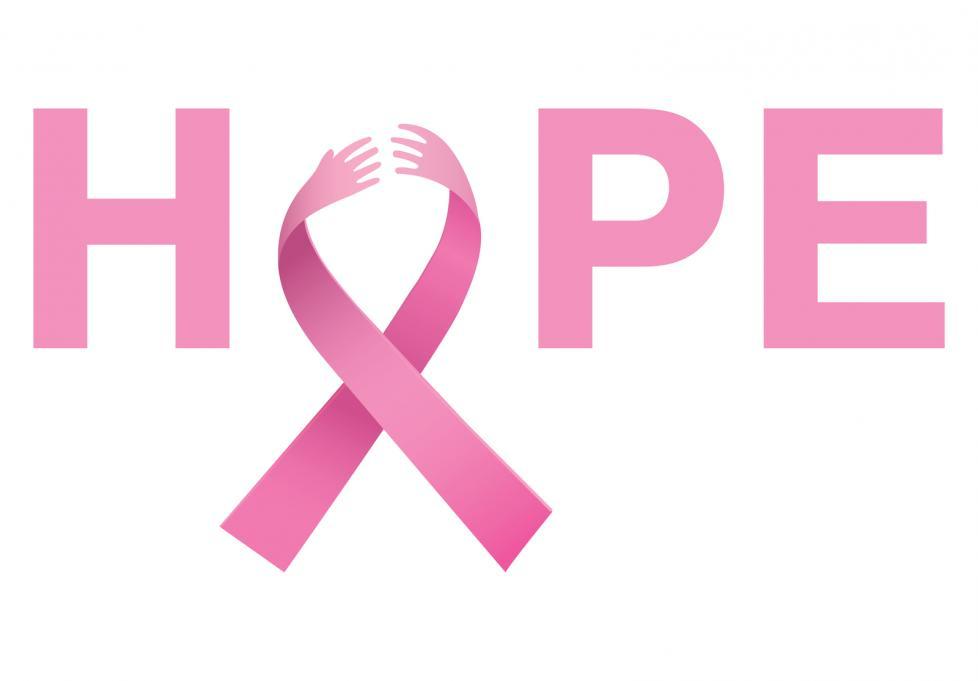Cancer is a leading cause of death worldwide. It is a disease which causes the uncontrolled growth of abnormal cells in your body. Cancer signs and symptoms depend on the specific grade and type of cancer. This also determines whether or not cancer will be fatal.

1. Chemotherapy
Chemotherapy uses medicines to kill cancerous cells. There are two ways this is done:
“Traditional” Chemotherapy
You get most chemo medicines by injecting them into an artery. But you can get some types as shots in your body, under your skin or as an ointment or cream to put on your skin.
Often chemotherapy can cause long-lasting side effects such as infertility and damage to the nerves. Speak to your cancer specialist about and how to minimize the complications of your treatment plan.
Oral (a.k.a. “No Needle”) Chemotherapy
You ingest a drug in tablet, liquid or pill form at home with this type of treatment. It works for certain types of cancer as well as other forms of chemotherapy do, but not all chemotherapy drugs can be taken by mouth. There are some that the stomach cannot consume, and if you eat them, others can be dangerous. Oral medications can also cost more than conventional chemo out-of-pocket.
The side effects may differ again, but they are close to those with normal chemo that you would have. If your doctor recommends oral chemo, it is important to take it precisely as recommended.
There are different treatments that work for many different kinds of cancer. Many cancer patients will have some kind of surgery. The main objective is to remove lesions, organs, and regions with cancer cells like the lymph nodes. Physicians can also treat the disease and figure out how serious it is. Operation offers the best chance to get rid of the disease in many cases, particularly if it has not spread to other parts of the body.
Apart from conventional surgery, physicians can also use these to fight certain kinds of cancer:
- Laser surgery (light beams)
- Cryosurgery (extremely cold temperatures to kill cancer cells)
- Electro-surgery (electric currents)
You’ll get medication to block pain during and after your surgery. You might also need some other medications like antibiotics to reduce the chance of an infection.
3.Radiation
This popular treatment uses ions and waves of high energy to kill or damage cancer cells in order to prevent their spread. It might be your sole choice, or you can get it with surgery and chemo.
Radiation itself is not dangerous, but thereafter you may have nausea, weakness, or skin rashes around the treatment area. Side effects depend on the site of your tumour. For instance, you may get a dry mouth if you have a head or neck radiation.
Other Cancer Treatments
Your doctor may recommend other treatment options, such as:
4.Targeted Therapy
Targeted therapy is a treatment in which drugs work against particular parts of cancer cells to stop them from spreading or growing. Targeted cancer therapies block specific proteins or genes that facilitate cancers to grow and unfold. For a few types of cancer, they will work higher than different treatments like chemotherapy.
The FDA has approved targeted therapies for quite 15 forms of cancer, together with those of the breast, prostate, colon, and lung. However, they solely work if your tumour has the correct target.
5.Immunotherapy
This is also referred to as biologic therapy and gets the immune system of the body to fight cancer.
6.Hormone Therapy
Also called hormone treatment treats cancers that use hormones to grow (such as breast cancer).
7.Stem Cell Transplants
Physicians use chemo or radiation to kill as many cancer cells as possible and then try to replace them with normal bone marrow and blood stem cells.
Your treatment for cancer should depend on what is right for you. Many tumours have a better response to surgery; others have a better response to chemo or radiation. The first step is to know the type of cancer you have, then you can understand which treatment is best for you.